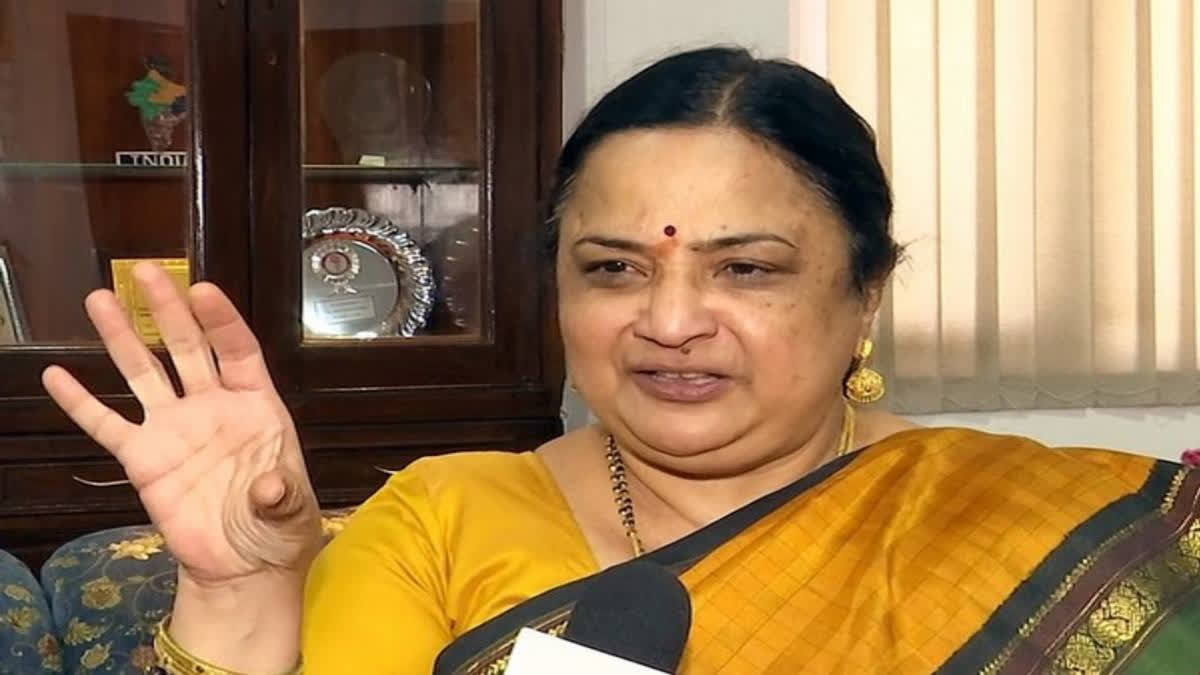New Delhi: JNU was never "anti-national" or part of the "tukde-tukde" gang, the university's vice-chancellor said on Thursday, asserting that the institution will always foster dissent, debate and democracy.
In an interaction with PTI editors at the agency's headquarters here, Santishree Dhulipudi Pandit, who is the first woman vice-chancellor of the university, said the Jawaharlal Nehru University (JNU) is "not saffronised" and there is no pressure from the central government in its day-to-day functioning.
Pandit, also a JNU alumnus, however, admitted that the campus was polarised when she took over and termed the phase as "unfortunate". She claimed that there were mistakes on both sides (students and administration) and the leadership erred in handling the situation.
She also said that neither does she regret her affiliation with the Rashtriya Swayamsevak Sangh (RSS) nor does she hide it. Pandit, who spoke at length about her life from the time she was born in St. Petersburg in Russia to growing up in a middle-class South Indian family in Chennai, said she feels proud to be called "the Sanghi VC who brought the highest QS rankings for JNU".
"As a university we should be above all this (saffronisation). JNU is for the nation, not for any particular identity. JNU stands for inclusivity and development and I always say that it stands for seven Ds -- development, democracy, dissent, diversity, debate and discussion, difference and deliberation," she said.
Pandit took over as the vice chancellor in 2022 when the campus was in the throes of students' agitation and had still not recovered from the 2016 controversy over alleged anti-national slogans being raised on campus during an event. The students who were alleged to be involved in the slogan raising were branded as members of the "tukde tukde" gang.
"That was a phase when there were mistakes on both sides. I think the leadership erred on the way to control it. Any university has 10 per cent lunatic fringes. It is not only JNU. It is about the leadership, how we tackle people with extreme views... But I don't think we are anti-national or tukde-tukde," she said, responding to a question about the varsity's anti-national image.
"I think that phase was bad and there were mistakes on both sides, and because of polarisation and the leadership not understanding...You have to understand that people will differ and argue. The university was never anti-national. When I studied (at JNU) it was the height of the Left domination, even then nobody was anti-national," Pandit said.
